Q: Can Councils create endowment scholarships?
A: Endowments are permitted as long as they are funded by donations specifically for that purpose. Funds identified for service to those in need should not be used to build an endowment. An endowment campaign can be established to solicit funds specifically for the purpose desired.
Q: Can Conference officers consist of the President-elect, Secretary, and Treasurer only, if no member accepts the Vice President appointment?
A: Conference officers (an elected President who appoints a Vice President(s), Secretary, and Treasurer) have no specific authority other than representation of the Conference and requirement to fulfill specific tasks. All decisions are made by the Active Members of the Conference as a whole. According to the Bylaws, there must be at least one Vice President; hence a member should step forward to serve as VP for a complete slate of officers. The Conference as well as the Council needs to know who will serve in the Presidential capacity should the elected President be unable to serve for any reason.
ESPAÑOL
P: ¿Pueden los Consejos crear dotes para becas?
R: Las dotaciones están permitidas siempre y cuando sean financiadas por donaciones específicamente para ese propósito. Los fondos identificados para el servicio a los necesitados no deben usarse para construir una dotación. Se puede establecer una campaña de dotación para solicitar fondos específicamente para el propósito deseado.
P: ¿Pueden los funcionarios de la Conferencia estar formados únicamente por el Presidente electo, el Secretario y el Tesorero, si ningún miembro acepta el nombramiento del Vicepresidente?
R: Los Oficiales de la Conferencia (un Presidente electo que nombra a un Vicepresidente, un Secretario y un Tesorero) no tienen autoridad específica más que la representación de la Conferencia y el requisito de cumplir con tareas específicas. Todas las decisiones son tomadas por los Miembros Activos de la Conferencia en su conjunto. De acuerdo con los estatutos, debe haber al menos un Vicepresidente, por lo tanto, un miembro debe dar un paso adelante para servir como Vicepresidente de una lista completa de funcionarios. Tanto la Conferencia como el Consejo necesitan saber quién desempeñará la Presidencia en caso de que el Presidente electo no pueda ejercer sus funciones por cualquier motivo.


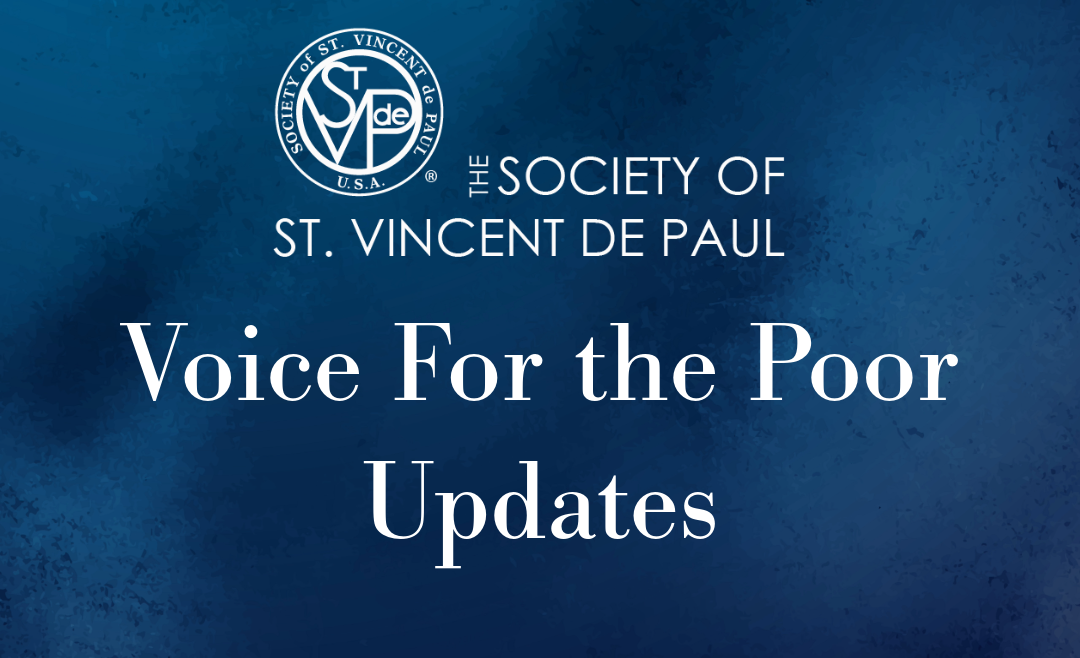
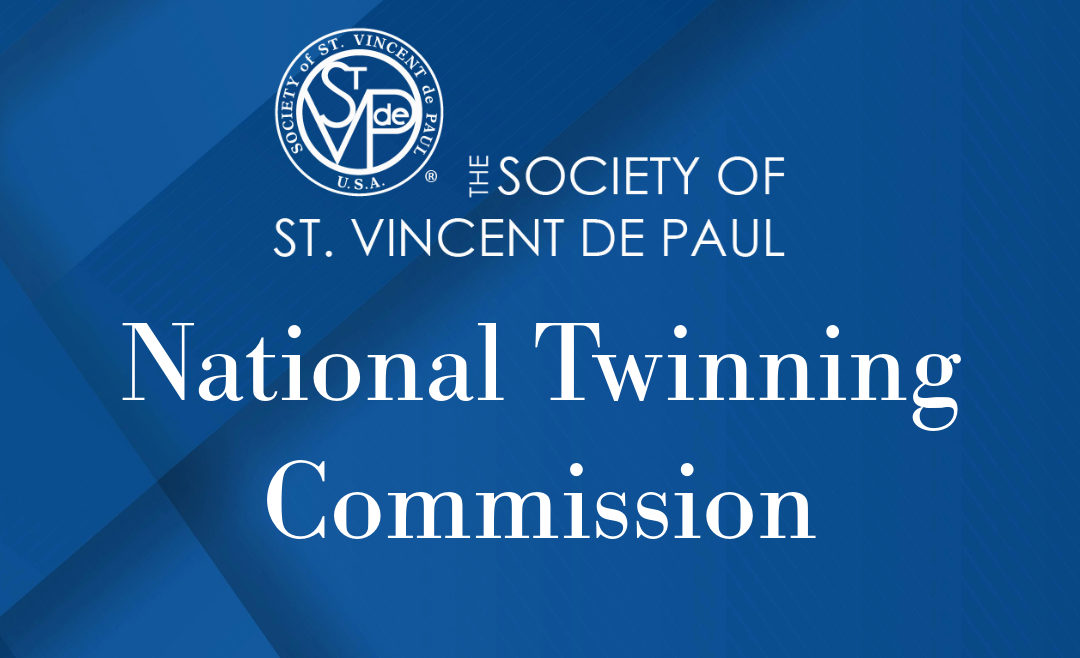
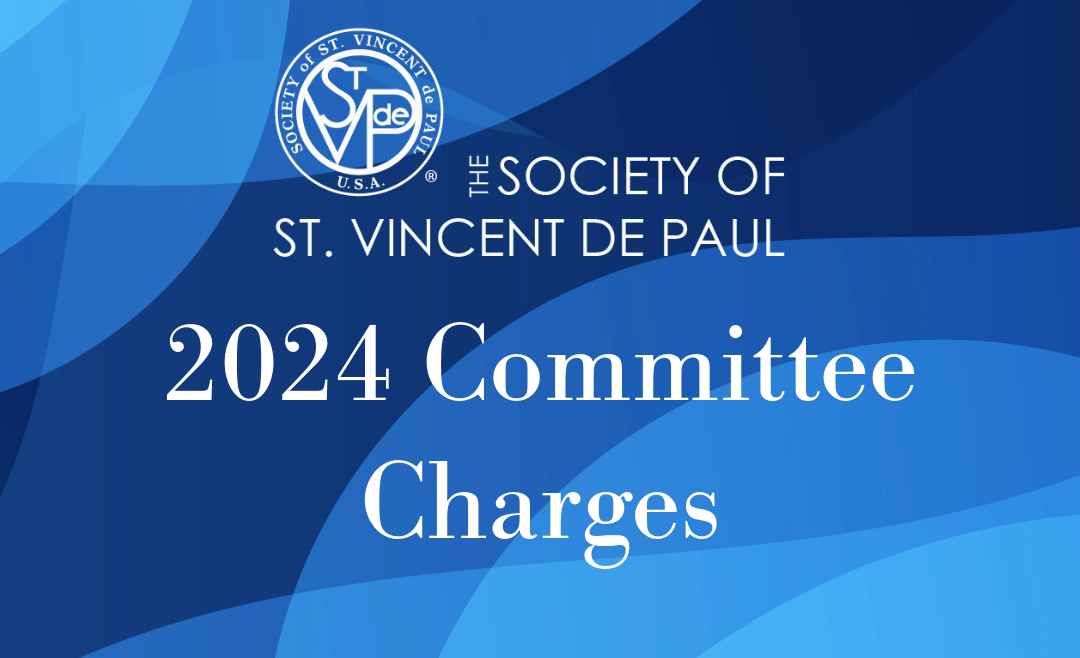
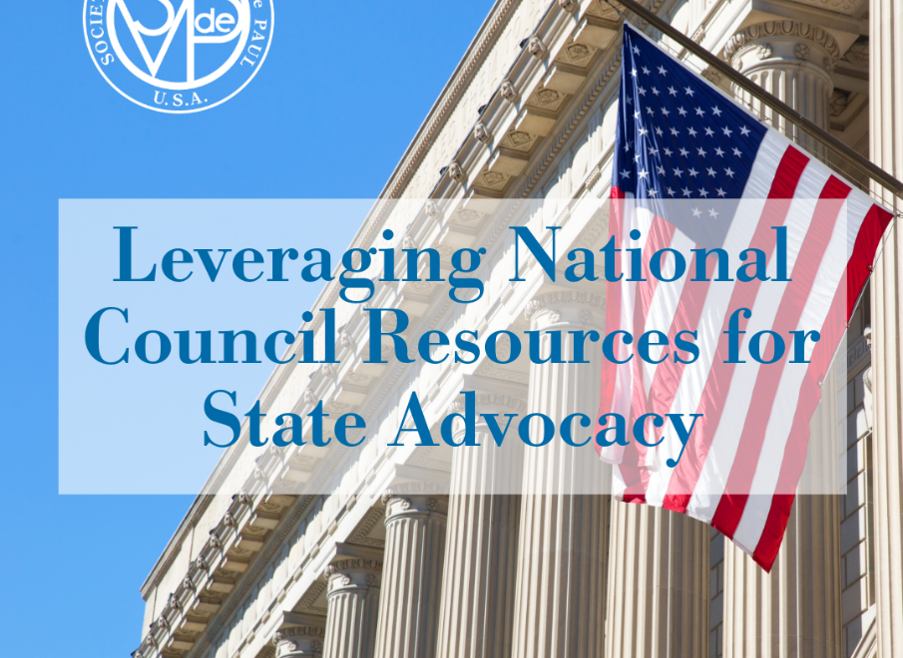
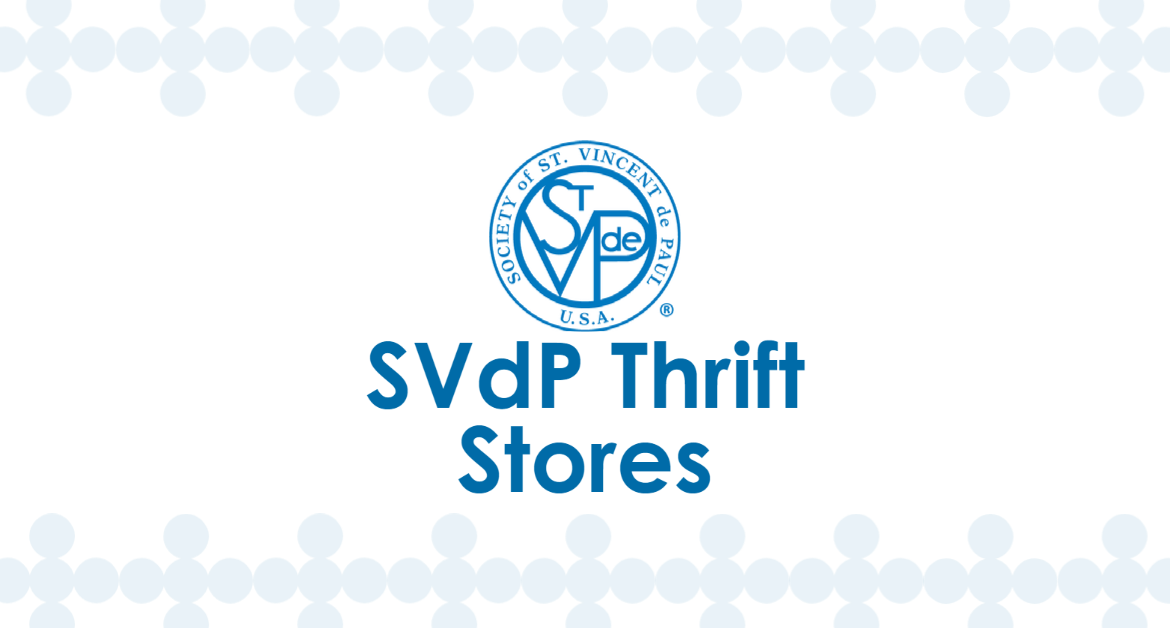
 For our Mattress ad in Pittsburgh, we targeted: 10-mile radius from each store,
For our Mattress ad in Pittsburgh, we targeted: 10-mile radius from each store, For the store’s ad, we targeted specific zip codes around each store.
For the store’s ad, we targeted specific zip codes around each store.